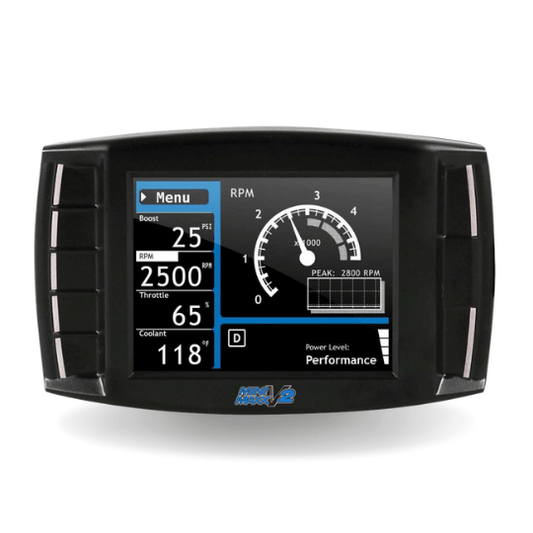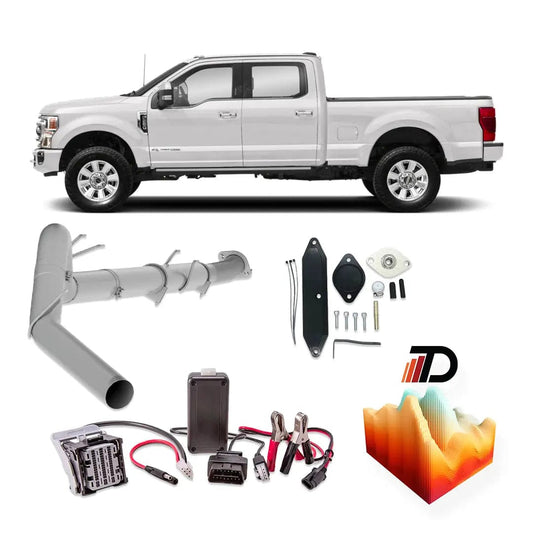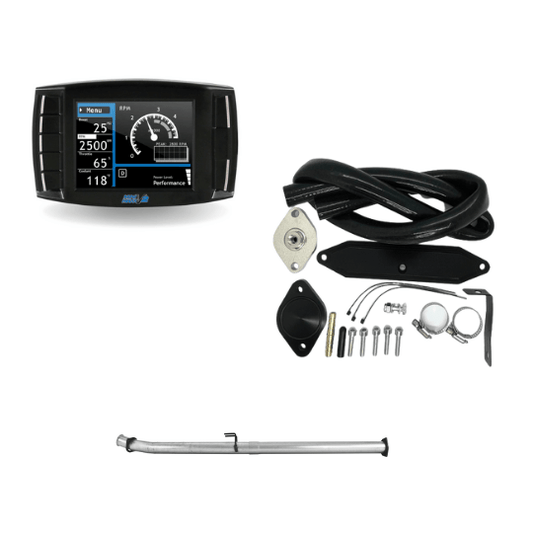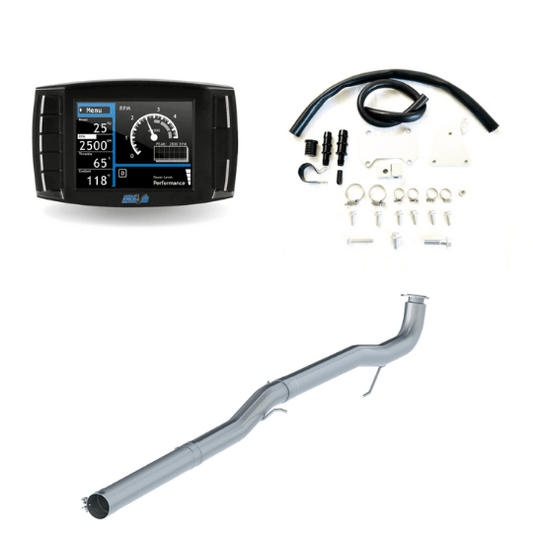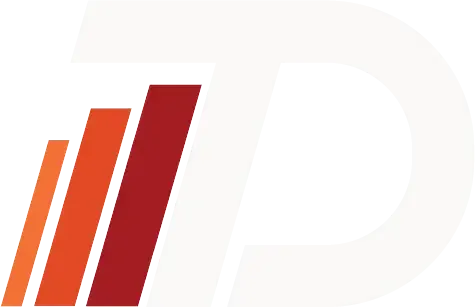
Guide to Diesel Delete Kit: The Difference Between DPF, DEF, and EGR
Are you looking to upgrade your diesel truck? Have you heard of DPF, DEF, and EGR deletes but not sure what they mean? If so, then this blog post is for you! We’ll explore the different types of diesel deletes, what they do, and their benefits.
Introduction to Diesel Deletes
If you're looking to get more performance out of your diesel engine, a diesel delete may be just what you need. Diesel deletes kits are designed to remove the DEF system, catalytic converter, and DPF, allowing for improved performance. In this blog post, we'll examine the differences between DPF, DEF and EGR delete kits so that you can make an informed decision before you buy your performance parts. We'll also go over the benefits of diesel deletes, how to choose the right delete kit, and how to install it. So let’s get started!
What is a DPF Delete?
A DPF Delete involves removing the Diesel Particulate Filter (DPF) from the exhaust system. The DPF is designed to trap soot and other particulates in the exhaust stream, but it can also be a source of problems for diesel engines. By installing a DPF delete kit, you can improve the performance of your engine by increasing airflow, improving fuel economy, and reducing exhaust backpressure. You can also reduce maintenance costs associated with the DPF system, as it will no longer need to be replaced or cleaned.
What is a DEF Delete?
A DEF Delete is similar to a DPF Delete in that it deals with Diesel Engine Fluid rather than diesel fuel. DEF is more problematic in cold climates and can cause more issues than the DPF system, so it's important to consider the climate you are in when choosing the right delete kit for your vehicle. Installing a DEF Delete will involve taking out the DEF system, removing the catalytic converter and DPF, and installing a new exhaust.
What is an EGR Delete?
An EGR Delete is the process of removing the Exhaust Gas Recirculation (EGR) system from your vehicle. This involves deleting the EGR valve, EGR cooler, and related components. Doing so can help improve engine performance and fuel economy. When you delete the EGR, you are essentially bypassing the system altogether, allowing exhaust gasses to flow freely out of the tailpipe. Ultimately, this means more horsepower and improved fuel economy.
How to Choose the Right Delete Kit
Now that you know the basics of DPF, DEF, and EGR deletes, it's time to figure out which one is right for you. There are a few considerations to take into account when choosing the right delete kit for your vehicle. In general, you should look at the cost of the kit, the compatibility with your vehicle, and any potential legal issues. Additionally, it's important to make sure that you are getting a quality product; so be sure to do your research and buy from a reputable store.
Check Tuner Depot's All in One Delete Packages, We've packaged all the necessary parts needed for you to delete your off-road diesel truck:
Ford Powerstroke
How to Install a Diesel Delete
Once you've chosen the correct delete kit, it's time to install it. Installing a diesel delete is not as difficult as it may seem. Depending on the type of delete you choose, installation will vary. The most common types of deletes are DPF, DEF, and EGR deletes. Each of these deletes requires different tools and processes for installation. Generally speaking, diesel delete kits come with installation instructions that will guide you through the process. If you're not confident in your abilities to install the kit yourself, there are plenty of professionals who specialize in diesel deletes who can do the job for you. Whether you're a DIYer or opting for professional installation, it's important to understand the basics of diesel deletes before taking on any project.
Legality of Diesel Deletes
When it comes to the legality of diesel deletes, it varies from country to country. In many places, it’s illegal to delete the EGR or DPF system. The best way to determine if a diesel delete is legal in your area is to check with a reliable source. In the United States, many states have recently made certain diesel deletes legal, but there are still certain restrictions. It’s important to know the laws in your state before performing a diesel delete, as it could be considered illegal and result in fines or other penalties.
Troubleshooting Common Issues with Diesel Deletes
Once you've installed your diesel delete kit, it's important to understand that there may be some common issues you'll need to troubleshoot. The most common issue is the risk of poor fuel economy. If your vehicle's ECU isn't properly tuned, you may find yourself having to refuel more often than you'd like. Additionally, if your delete kit isn't installed correctly, there could be a higher risk of damage to the engine and the exhaust system. To ensure everything is running correctly, it's important to periodically check the performance of your vehicle, and have a mechanic inspect the delete kit for any damage or wear and tear.



